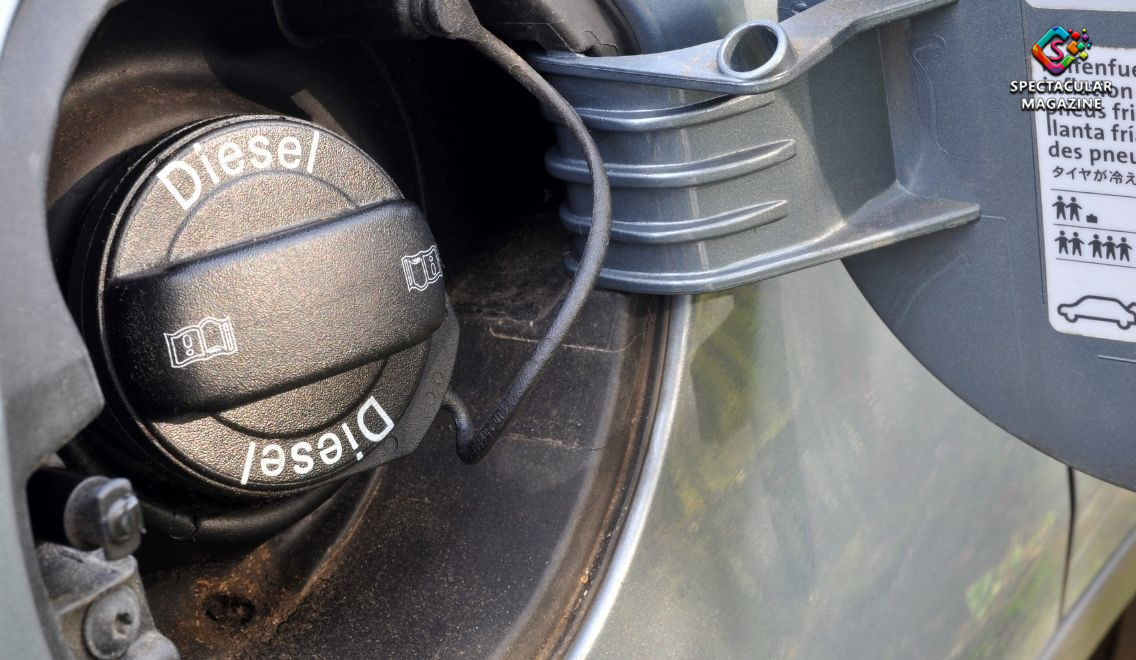How To Know if a Diesel Vehicle Is Right for You
It can be hard to figure out if a diesel vehicle will suit your driving habits. Learn how to know if a diesel vehicle is right for you by reading here.
Diesel engines are often used in very specific types of vehicles, including semi-trucks and heavy equipment. However, they do have their uses in passenger trucks and cars as well. If you’re considering purchasing a diesel vehicle, there are several details you should know about them first. Learn how to know if a diesel vehicle is right for you by reading below.
How Diesel Engines Operate
Among the millions of diesel vehicles, you’ll find semi-trucks, heavy equipment, and even passenger trucks and cars. The diesel engine is considered an internal combustion engine, as it uses a set of small explosions to power the vehicle. The major difference between a diesel engine and a gasoline one is the way the combustion occurs. The air is first compressed and then fuel is injected into the cylinder in a diesel engine. The hot air ignites the fuel without the need for a spark plug like you see in gasoline engines. The engine uses a four-stroke process including intake, compression, combustion, and exhaust. It’s important to do your research, as there are many myths about diesel engines. You’ll need to compare the advantages and disadvantages with your needs and driving habits to decide if a diesel vehicle’s best for you.
Advantages of Diesel
- Even though it’s never overtaken the success of the gasoline engine, the diesel engine has several advantages that you should note.
- Better Mileage – Diesel engines have the benefit of achieving up to 30% better mileage because diesel fuel has a higher efficiency. The way the direct fuel injection occurs during the combustion process allows for lower fuel waste.
- Greater Power – The diesel engine has a better ratio of power-to-weight plus more torque which allows the engine to move heavier loads.
- Lower Emissions – Compared to the gas engine, the modern diesel engine emits less CO2 and carbon monoxide.
- Less Maintenance – They run longer before needing heavy maintenance due to not relying on spark plugs.
- Long-Lasting – The engine parts are subjected to less wear and tear because of its higher compression.
- Safer Fuel – Gasoline has a very explosive nature. Diesel fuel, however, is less explosive, as are its fumes. This significantly limits the risk of fuel igniting.
Disadvantages of Diesel
- When wondering how to know if a diesel vehicle is right for you, it’s important to also consider any disadvantages.
- Fuel Costs More – Diesel fuel cost more than gasoline. On average, it can be up to 50 cents more per gallon than standard gas.
- More Costly Vehicles – Diesel vehicles are often more expensive than regular gas vehicles. The increased price comes from the stronger parts needed to make the vehicle more durable and powerful.
- More Pollution – The emissions produced from diesel tend to be more harmful.
- Temperature Issues – The lack of spark plugs can make it harder for diesel engines to start in the cold. You may need heating devices, such as block heaters, to warm it up enough.


